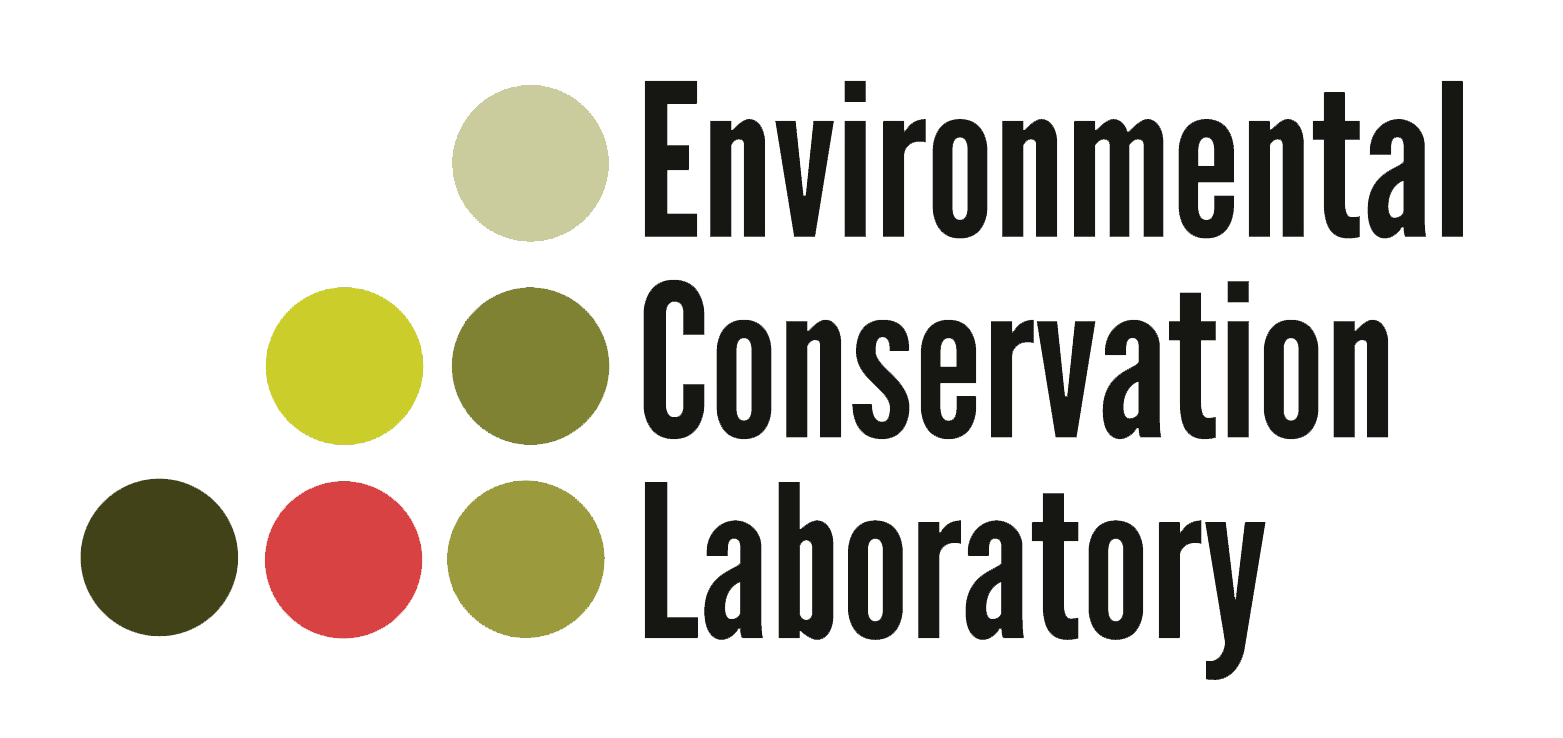Environmental Education
Trends and prospects for local knowledge in ecological and conservation research and monitoring
By Ryan K Brook & Stephane M. McLachlań
Abstract:
Local ecological knowledge (LEK) of those who earn their livelihoods from natural environments has long been recognized as providing far-reaching insights into ecological processes. It is being increasingly used by ecologists to address diverse questions that often focus on applied conservation issues and may incorporate local knowledge with biological data from more conventional research and monitoring. We characterize how LEK has been used in the ecological and conservation literature over the last 25 years by broadly examining 360 journals and by evaluating 12 prominent ecological and conservation journals in greater detail. Over this period, the use of LEK has increased considerably, although only 0.01% of papers in the broad and 0.42% of those in the more detailed evaluation incorporated LEK. Despite this increase, LEK-based publications remain nearly absent from the more established theoretical literature and are largely restricted to more recent and arguably less prestigious applied and interdisciplinary journals. Most LEK studies used interviews, but generally failed to actively include community members in the research process. Changes to the research and publishing process that include local people and address these shortcomings and the broader issues of power and influence in the sciences are critical to the successful utilization of LEK. These changes are necessary for the appropriate depiction of these knowledge systems and to ensure that local knowledge holders will continue participating in ecological research aimed at conservation.
Transformative research as knowledge mobilization- Transmedia, bridges, and layers
By Colin R. Anderson & Stephane M. McLachlań
Abstract:
Mainstream knowledge production and communication in the academy generally reflect the tenets of positivist research and predominantly embody hierarchical processes of knowledge transfer. In contrast, a transformative research paradigm is rooted in knowledge mobilization processes involving close collaboration between researchers and community actors as co-enquirers as a part of a broader agenda for progressive social change. They also involve strategic communication strategies that mobilize knowledge beyond those directly involved in the research process. We illustrate the cyclical pattern and transgressive potential of knowledge mobilization processes through a reflective case study of a participatory action research program in the Canadian Prairies. Based on this work, we present three key knowledge mobilization strategies. These include: using transmedia to exchange knowledge across a range of communication media; building bridges to invite communication amongst diverse knowledge communities; and layering to communicate knowledge at varying levels of detail.We critically examine our own practice as a contested and partial process in tension with the institutional and cultural durability of the more linear knowledge transfer paradigm. Knowledge mobilization strategies provide a framework to implement research methods, communication processes, and outcomes that are high in impact and relevant in struggles for a more just and resilient society.
